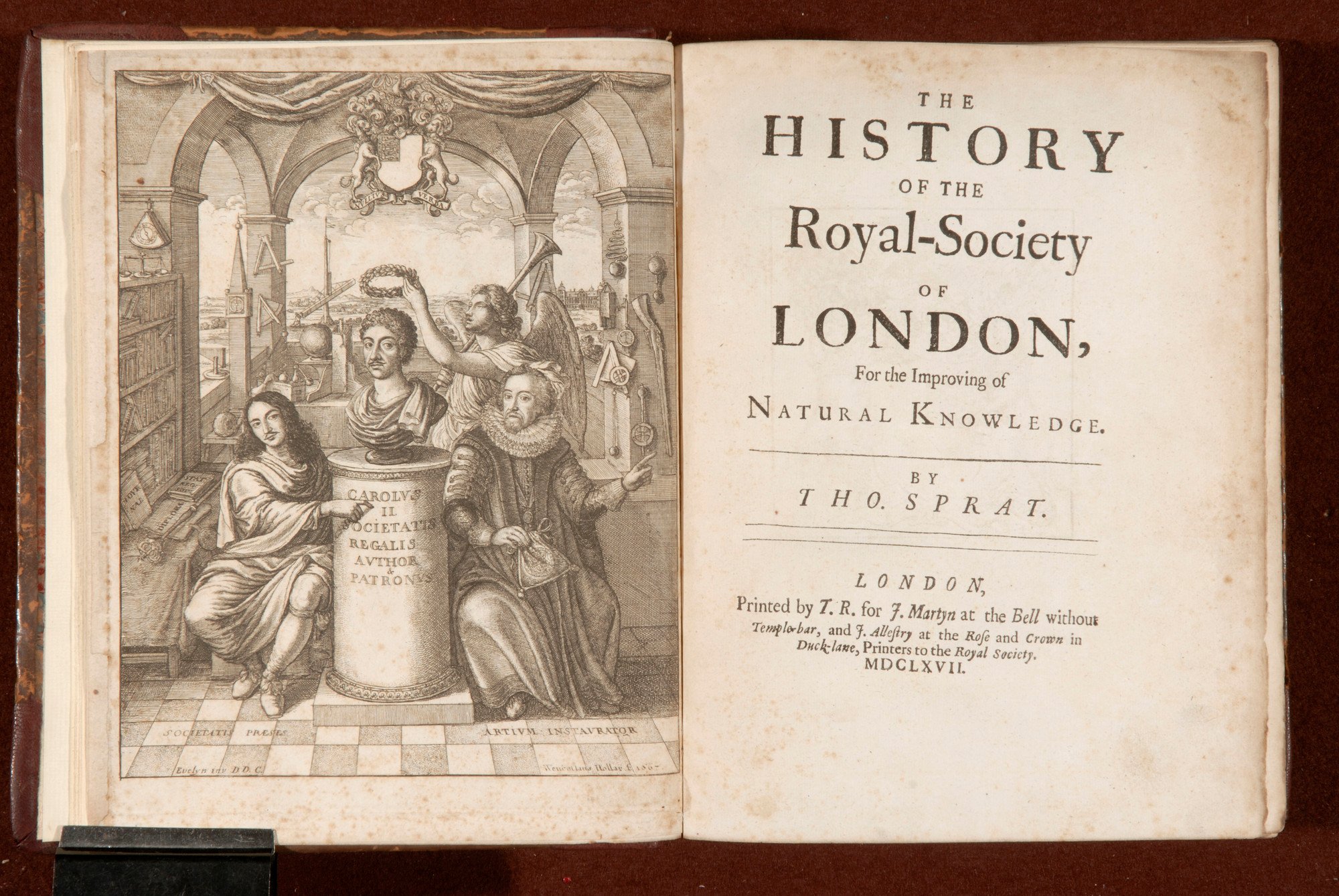Sprat on the free and formal
I’m worried that graduate school is changing me. When I think, I find myself bound up in the confines of academic pragmatism: would this be publishable? would it further my research agenda? would anyone care? When I write, I write in the defensive but inflated voice characteristic of my field, honed to please the persona of bitter reviewer and not beloved colleague.
These are new considerations for me, and important ones for my career, but I am not used their dull, looming presence on the surface of my mind. I miss my freewheeling undergraduate self, I miss chasing butterflies.
Maybe this is all part of my training: evidence of growth and even maturity, which is earned by experiencing the dark, sterile corners of the academic machine. Maybe success in an academic field means leaning into those questions, shaping your thought around them to craft a body of work with strategy and intention. It’s called a “discipline” for a reason, right? Like clockwork, my advisor sits me down and explains this to me every four months. I sit in his office and I nod my head, but inside I’m afraid that I will never quite learn to navigate this world with my old self intact. At stake is the buzzingness of the world, the me-ness of my self.
And then my mind wanders to a passage from Thomas Sprat’s The History of the Royal Society of London (1667).
Men did generally think, that no man was sit to meddle in matters of this consequence, but he that had bred himself up in a long course of Discipline for that purpose; that had the habit, the gesture, the look of a Philosopher. Whereas experience on the contrary tells us, that greater things are produc’d, by the free way, than the formal.
This mistake may well be compar’d, to the conceit we had of Souldiers, in the beginning of the civil Warrs. None was thought worthy of that name, but he that could shew his wounds, and talk aloud of his exploits in the Low Countreys. Whereas the whole business of fighting, was afterwards chiefly perform’d by untravell’d Gentlemen, raw Citizens, and Generals, that had scarce ever before seen a Battel.
But to say no more, it is so farr from being a blemish; that it is rather the excellency of this Institution, that men of various Studies are introduc’d.
Right—the untravelled, the raw—those who don’t have the “habit, gesture, and look” of a philosopher—maybe they too have their place in our academic enterprise, maybe they too can “meddle in matters of this consequence.” Maybe we don’t need to “show our wounds” (brutal paper rejections, years spent on incremental work) and “talk aloud of our exploits” (CVs, H-indices) to be considered scientists. Maybe we can have backgrounds in “various Studies” outside the fields in which we now work. And maybe when we look back, we’ll take stock of the great ideas that propelled the field forward, and find after all that “the whole business” was “chiefly performed” by us.
